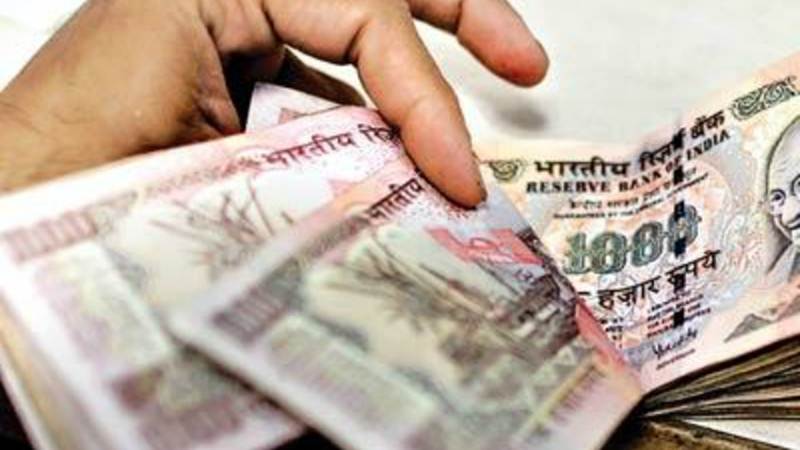NEW DELHI : Globally acclaimed French economist Guy Sorman today said that the Indian government’s decision to demonetise Rs 500/1,000 notes is a ‘smart political move’ but it will not root out corruption which prospers in an ‘over regulated economy’.
“The bank notes exchange is a smart move from a political perspective. However, it could disrupt commercial transactions for a while and slow down the economy. Moreover, this does not eradicate the deep roots of corruption.
“Corruption always prospers in an over-regulated economy: corruption is actually the way to get around red tape and bureaucrats. Therefore, deregulation would be the right path to limit corruption as such,” Sorman told PTI in an interview.
The government’s decision to demonetise old Rs 500 and Rs 1,000 bank notes from November 9 has led to a shortage of cash with the public.
People in large numbers are queueing up outside ATMs and banks to withdraw valid currency notes from vending machines and exchange demonetised notes with valid ones.
“Prime Minister Narendra Modi’s way of governing by taking rash initiatives is a bit disappointing . A clear path with a programme known in advance would be — it seems to me — a more reliable way to lead the economy,” Sorman, who has authored many books including ‘Economics doesn’t lie: A Defence of the Free Market in a time of Crisis’, further said.
Eminent economist and former Principal Economic Advisor in the Finance Ministry Ila Patnaik said that the sudden and dramatic announcement by the Prime Minster banning Rs 500 and Rs 1,000 notes issued by the RBI has a number of objectives.
“The ban will certainly hit those who are holding black money in cash. Corrupt bureaucrats, politicians and many more with piles of cash must be wondering how to handle the situation and how long to wait before they try to solve it,” Patnaik said.
She, however, added that since the present high denomination notes are going to be replaced by new ones, it is not that cash will no longer be used in corruption and storing black money.
“It is likely that dollars, gold or diamonds become more popular for such illegal purposes due to the fear that such a ban (demonetisation) may occur again,” Patnaik said. (AGENCIES)


